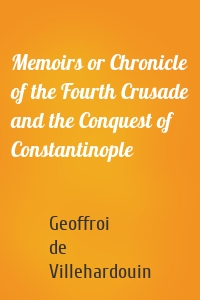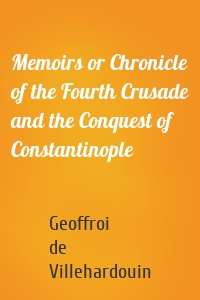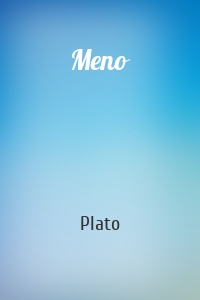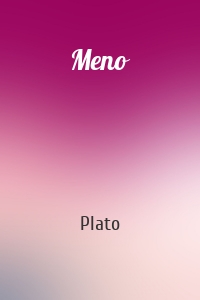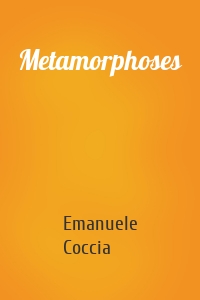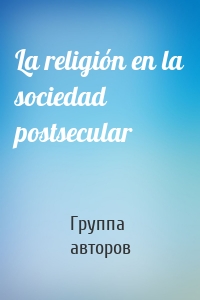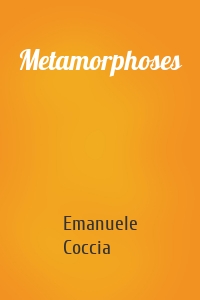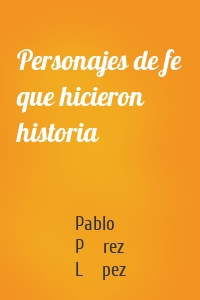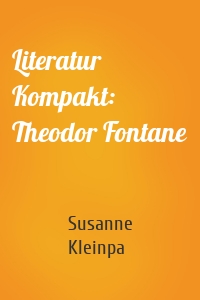Афоризмы, цитаты
1616 кн.
Memoirs or Chronicle of the Fourth...
"Memoirs or Chronicle of the Fourth Crusade and the Conquest of Constantinople" by Geoffroi de Villehardouin. Published by Good Press. Good Press publishes a wide range of titles that encompasses every genre. From well-known classics & literary fiction and non-fiction to forgotten−or yet undiscovered gems−of world literature, we issue the books that need to be read. Each Good Press edition has been meticulously edited and formatted to boost readability for all e-readers and devices. Our...
| Автор | Geoffroi de Villehardouin |
Memoirs or Chronicle of the Fourth...
"Memoirs or Chronicle of the Fourth Crusade and the Conquest of Constantinople" by Geoffroi de Villehardouin. Published by Good Press. Good Press publishes a wide range of titles that encompasses every genre. From well-known classics & literary fiction and non-fiction to forgotten−or yet undiscovered gems−of world literature, we issue the books that need to be read. Each Good Press edition has been meticulously edited and formatted to boost readability for all e-readers and devices. Our...
| Автор | Geoffroi de Villehardouin |
Meno
"Meno" by Plato (translated by Benjamin Jowett). Published by Good Press. Good Press publishes a wide range of titles that encompasses every genre. From well-known classics & literary fiction and non-fiction to forgotten−or yet undiscovered gems−of world literature, we issue the books that need to be read. Each Good Press edition has been meticulously edited and formatted to boost readability for all e-readers and devices. Our goal is to produce eBooks that are user-friendly and...
| Автор | Plato |
Meno
"Meno" by Plato (translated by Benjamin Jowett). Published by Good Press. Good Press publishes a wide range of titles that encompasses every genre. From well-known classics & literary fiction and non-fiction to forgotten−or yet undiscovered gems−of world literature, we issue the books that need to be read. Each Good Press edition has been meticulously edited and formatted to boost readability for all e-readers and devices. Our goal is to produce eBooks that are user-friendly and...
| Автор | Plato |
Metamorphoses
We are all fascinated by the mystery of metamorphosis – of the caterpillar that transforms itself into a butterfly. Their bodies have almost nothing in common. They don’t share the same world: one crawls on the ground and the other flutters its wings in the air. And yet they are one and the same life. Emanuele Coccia argues that metamorphosis – the phenomenon that allows the same life to subsist in disparate bodies – is the relationship that binds all species together and unites the living with...
| Автор | Emanuele Coccia |
Metamorphoses
We are all fascinated by the mystery of metamorphosis – of the caterpillar that transforms itself into a butterfly. Their bodies have almost nothing in common. They don’t share the same world: one crawls on the ground and the other flutters its wings in the air. And yet they are one and the same life. Emanuele Coccia argues that metamorphosis – the phenomenon that allows the same life to subsist in disparate bodies – is the relationship that binds all species together and unites the living with...
| Автор | Emanuele Coccia |
Мудрость для двоих. Мужчина и женщи...
Нет ничего интереснее размышлений об отношениях между мужчиной и женщиной. Это что-то особенное, загадочное и необыкновенное. Кажется, мы знаем об этом все, но каждый раз, когда мы испытываем что-то новое, общая картина происходящего неизбежно меняется. Хотите знать, что думали об отношениях полов великие мира сего? В этой книге собраны все самые интересные, самые интригующие и самые мудрые высказывания известных людей, когда-либо задумывавшихся о любви и отношениях. Читайте их, учитесь на...
| Автор | Группа авторов |
Мудрость и остроумие: большая книга...
Что объединяет этих, казалось бы, разных творческих личностей: Козьму Пруткова, Михаила Салтыкова-Щедрина, Марка Твена, Антона Чехова, Омар Хайяма, Илью Ильфа и Евгения Петрова? Остроумие – вот, пожалуй, главная черта, которая им присуща. Тонко подмечать веяния времени, чутко чувствовать суть человека, точно обозначать явления, происходящие в обществе, и ярко, метко, емко излагать свои мысли – такими качествами могут обладать только очень талантливые люди, настоящие гении. Так давайте читать...
| Автор | Сборник афоризмов |




